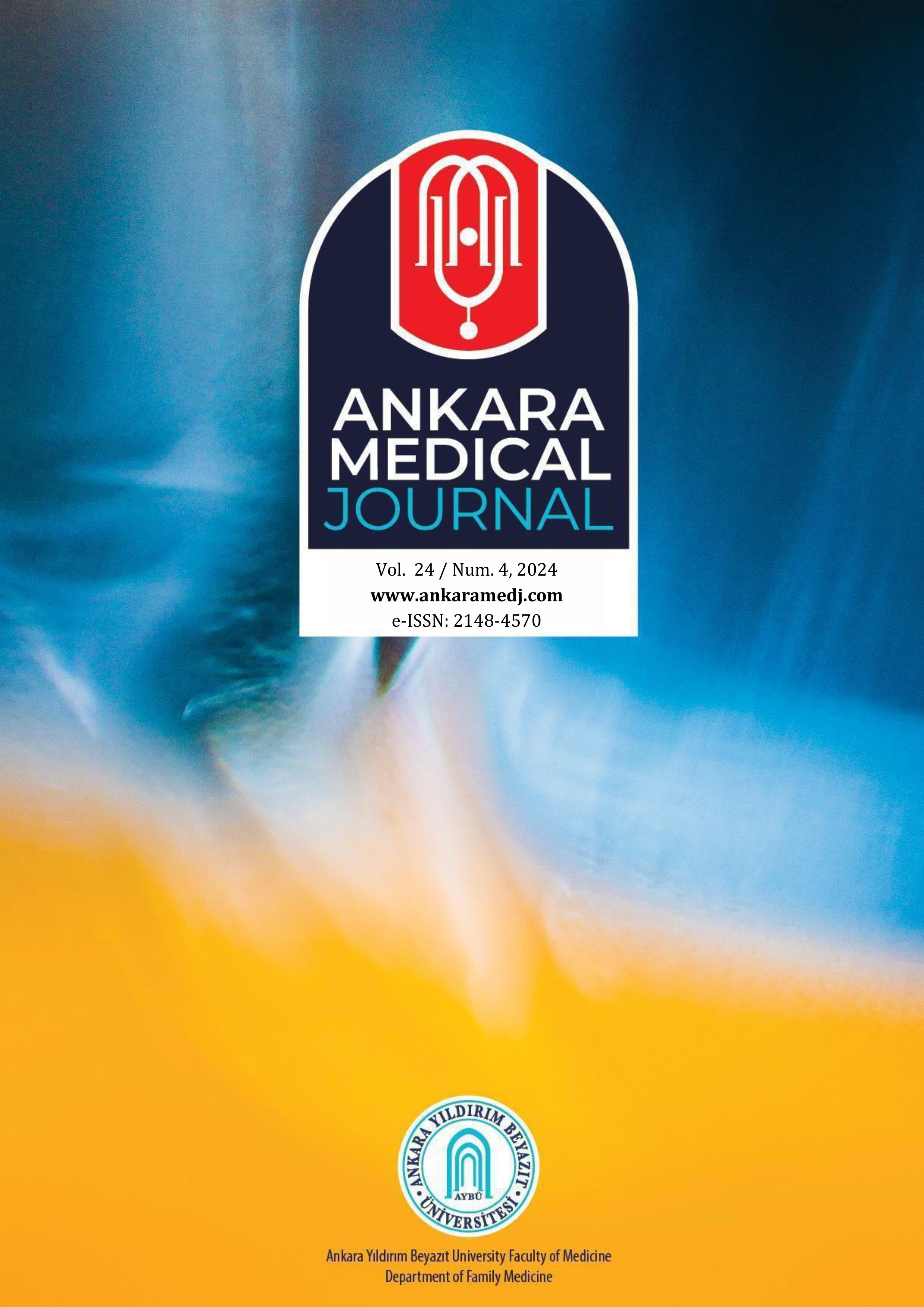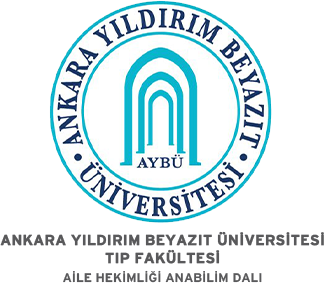Challenges and opportunities of online focus group discussions in refugee studies with Syrian mothers: How can we overcome the barriers?
Meryem Erat Nergiz1, Siddika Songül Yalçın2, Suzan Yalçın31Department of Pediatrics, Ankara Yıldırım Beyazıt University Faculty of Medicine, Yenimahalle Research Hospital, Ankara, Türkiye2Unit of Social Pediatrics, Department of Pediatrics,Hacettepe University Faculty of Medicine, Ankara, Türkiye
3Department of Food Hygiene and Technology, Selçuk University Faculty of Veterinary Medicine, Konya, Türkiye
INTRODUCTION: Refugee studies require extra attention due to ethical concerns and language-cultural differences. We aimed to compare the challenges and opportunities of online focus group discussions (FGDs) conducted with Syrian refugee mothers.
METHODS: We used data from face-to-face and online FGDs of a study investigating the breastfeeding characteristics of Syrian mothers. FGDs were carried out with Syrian mothers and grandmothers (Group I-II), and Syrian healthcare workers (Group III) in Turkey. A total of 7 focus group discussions (FGDs) were performed face to face. 47 Syrian mothers and grandmothers and 16 Syrian HCWs attended these meetings. In two different provinces, a total of 7 FGDs were conducted online with 30 Syrian refugees, and 15 Syrian HCWs. All face-to-face FGDs were performed in Refugee Health Centres (RHCs). Online FGDs with Group I-II were performed using the technical equipment-facilities of RHCs. Group III attended the FGDs with their own devices from wherever they wanted. Thematic analysis of the transcripts in a deductive-inductive fashion was carried out with MAXQDA 11.
RESULTS: Online FGDs were more favorable than face-to-face FGDs in terms of planning, selection of participants, cost, moderation, providing a heterogeneous group, equal participation, ease of recording and transcribing, privacy and anonymity, and comfort of participating. On the other hand, internet interruption and not focusing on the meeting were disadvantages of online FGDs with Group III.
DISCUSSION AND CONCLUSION: Providing technological and technical support and utilizing facilitators and interpreters of the same nationality as the refugees at every stage of the study eliminated many disadvantages of online FGDs.
Makale Dili: İngilizce
(732 kere indirildi)





